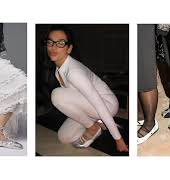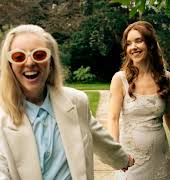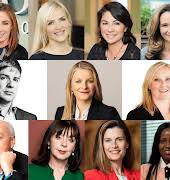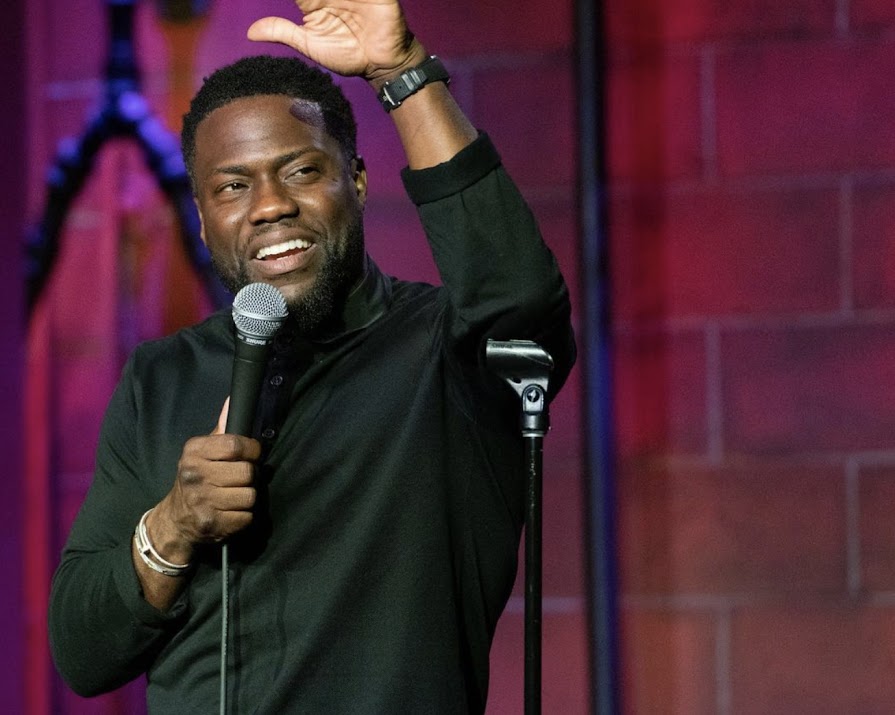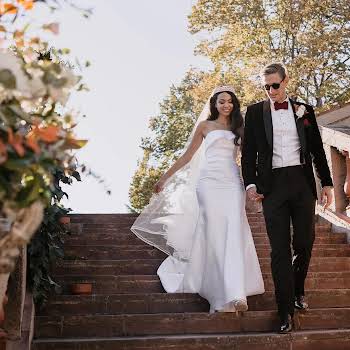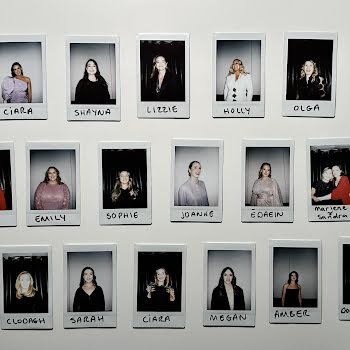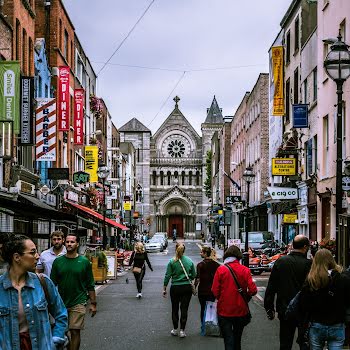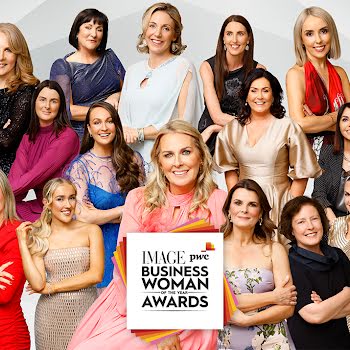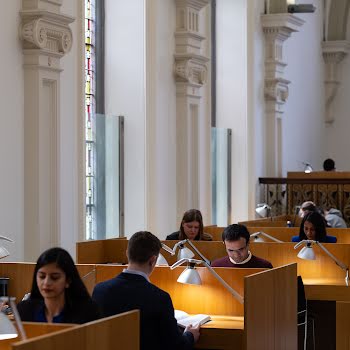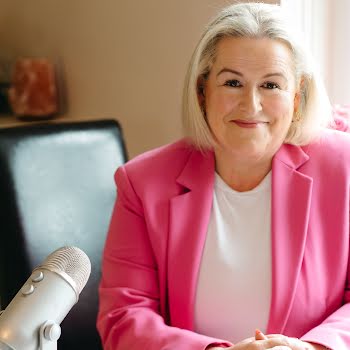Cancel culture isn’t real and this year’s list of Grammy nominees proves that
By Sarah Finnan
25th Nov 2021
25th Nov 2021
Dave Chappelle, Kevin Hart, Louis CK and Marilyn Manson are amongst those to have been nominated for a Grammy Award this year. Weren’t they all previously cancelled? Well, it seems that they have been categorically uncancelled by the Grammy’s voting members.
The nominees for the 64th Grammy Awards were officially announced yesterday. One of four major annual American entertainment awards (along with the Academy Awards, the Emmys, and the Tonys), the Grammys date all the way to the 1950s and were set up to recognise singers, artists, and performers within the music industry.
As with most other awards shows of its stature, there’s always plenty of interest in who will be recognised for their work, and this year’s nominations have already caused considerable controversy. Namely because several of those listed are considered to be very unsavoury characters, to put it lightly.
Let’s take Dave Chappelle and Kevin Hart first. Neither one ever very worried about upsetting the public, the duo took things to a new level over the course of the past few months when they both publicly denounced cancel culture… when what they really should have been doing is apologising for being insensitive and overstepping the mark.
Chappelle landed himself in hot water (and rightly so) this October when many criticised his latest Netflix special, The Closer, as being transphobic. Claiming that “gender is a fact” and that LGBTQI+ people are “too sensitive”, Chappelle said that he would be willing to discuss his show with members of the transgender community but he would not be “bending to anybody’s demands”. Netflix decided to air the show prompting several employees to walk out and a small protest of a hundred people or so to form outside the company’s offices.
No one was willing to “touch” Chappelle’s film as a result, with the comedian later thanking Netflix chief content officer, Ted Sarandos, for being the only one not to cancel him yet. He also defended JK Rowling and her remarks regarding the trans community to make matters even worse for himself.
Kevin Hart was much more vulgar in his comments. The highest-earning stand-up comic in the world, he’s grown quite a cult following over the years but things came to a head this summer when he told The Sunday Times that he “personally doesn’t give a sh*t” about cancel culture. “If somebody has done something truly damaging then, absolutely, a consequence should be attached,” Hart said. “But when you just talk about… nonsense? When you’re talking, ‘Someone said! They need to be taken [down]!’ Shut the f*ck up! What are you talking about?”
This after old tweets of his – containing homophobic phrases and sentiments – resurfaced in 2019 and he was forced to step down as the host of the Oscars. Hart apologised, but he didn’t seem overly plussed by the whole thing. Especially given his later remarks on the situation. “[The Academy of Motion Picture Arts and Sciences] basically said, ‘Kevin, apologise for your tweets of old or we’re going to have to move on to find another host.’ I chose to pass, I passed on the apology. The reason why I’ve passed is that I’ve addressed it several times.”
It’s only in speaking with close friends such as Wanda Sykes, Lee Daniels, and Ellen DeGeneres that he learned the reason people were “upset” with him is because no one heard him say that he understood. However, Hart thinks cancel culture has stopped him from being his true self. Why? “You’re thinking that things you say will come back and bite you on the ass,” he explained. That might be so, but maybe you shouldn’t be saying such inflammatory things in the first place? As a comedian, his job is to get a laugh, but does that necessarily need to be at the expense of someone else?
Chappelle and Hart aren’t the only contentious nominees on the list though. Fellow comedian Louis CK also features as does singer Marilyn Manson – both of whom have been accused of sexual violence and misconduct.
Back in 2017, CK admitted to exposing himself and masturbating in front of women or during phone conversations. Netflix and HBO cut ties with him in light of the allegations (which he personally confirmed as being true), but two years later he was back doing standup and got a standing ovation at a show he did before Covid effectively shut the entire world down.
Manson on the other hand, was dropped by his record label in February of this year after actress Evan Rachel Wood claimed that he “horrifically abused [her] for years” and that she was “brainwashed and manipulated into submission”. A number of other women then came forward with their own accusations of emotional and psychological abuse they suffered at the hands of Manson in the past decade. He rebuked by labelling their allegations “horrible distortions of reality”. “My intimate relationships have always been entirely consensual with like-minded partners,” he continued. “Regardless of how – and why – others are now choosing to misinterpret the past, that is the truth.” Fast forward to November, and Manson’s murky past has been swept under the carpet as his Grammy nomination is held up for all to see.
This of course digs up the age-old debate over whether we should be able to separate art from artist. In certain circumstances, I could probably be convinced that yes, maybe that would be a good idea. Say if you don’t necessarily like the person themselves (for no other reason than they irk you), but you love their music. I don’t think there’s any harm in listening to their latest album even if you don’t rate them outside of that. This is much more serious. Hurtful comments have been made, unforgivable things have been done. Recognising each of these men with a Grammy nomination (the highest honour performers in their industry can receive) belittles the many terrible things they’ve done.
Of course growth is a key part of the conversation here as is understanding that famous people are humans and humans make mistakes. None of the foursome have faced great consequences for their actions though. Yes there was public backlash to Chappelle’s show, but it’s the trans staff at Netflix that suffered. Hart didn’t host the Oscars that year, but he’s still one of the most successful comedians of his time. Louis CK took a brief hiatus before he was back touring to the sound of raucous applause and “we love you Louis” from the audience. Manson has been happily attending awards ceremonies all summer and now has another award nod to put a smile on his face too.
As many others have pointed out on social media, recognising these men with such a prestigious honour suggests that neither the LGBTQI+ community nor the #MeToo movement are being taken seriously. Chappelle and Harte have condemned cancel culture, but their comments were futile because none of them were ever really cancelled anyway and this proves that. As USA Today points out, most powerful men are rarely truly canceled, except in the most egregious cases, and even then it can take decades.

